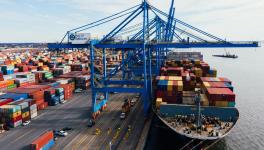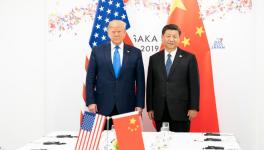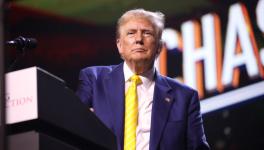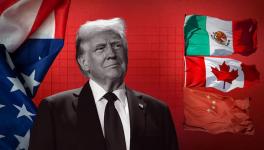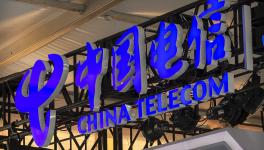Withdrawal Of GSP By the US is India’s Opportunity to End Loot By Big Pharma
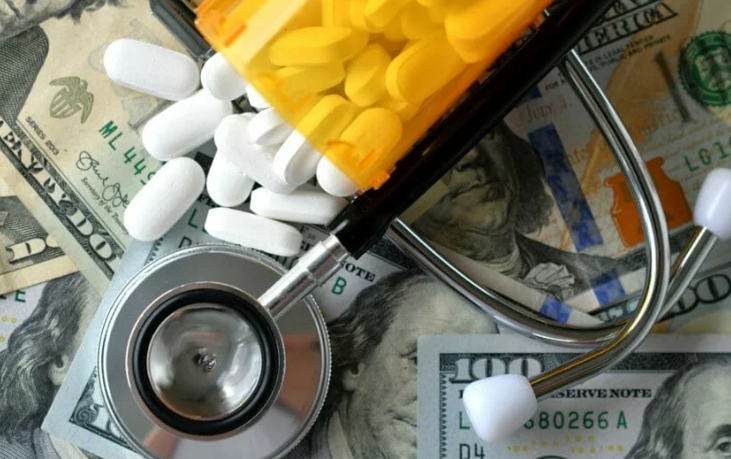
On March 05, 2019, United States President Donald Trump announced its decision to withdraw India’s name from the Generalized System of Preferences (GSP) program.
For a while now, the United States have used the General System of Preference (GSP), a preferential tariff reduction on imports from developing countries, as a tool to extract economic concessions from poorer nations. In the late 1980s, the threat of withdrawal of GSP forced countries like India to accept negotiations on intellectual property as part of the Uruguay Round, which lead to the conclusion of the Agreement on Trade-Related Aspects of Intellectual Property Rights (TRIPS) under the World Trade Organization (WTO). The TRIPS Agreement tilted the balance in technology governance regime in favour of transnational corporations and developed countries. Even after the establishment of TRIPS, US continues to use the threat of withdrawal or suspension of GSP.
The announcement of the US Trade Representative (USTR) to withdraw GSP from India, along with Turkey, is the culmination of a review of the GSP program, initiated officially in April 2018. In October 2017 itself, the US medical device lobby, Advanced Medical Technology Association (AdvaMed), petitioned the USTR to suspend or withdraw, in whole or in part, India’s GSP facility. The press report also suggests that the US dairy industry made the same demand as well. One can also view this as Trump’s trade policy of protecting US market, and seeking market access in other countries. Towards this end, US wanted to eliminate the special and differential (S&D) treatment of developing countries, a well-recognized principle in the international law. S&D treatment allows less than full reciprocity from developing countries while undertaking international obligations, especially in the area of international trade and economic law.
India’s decision to invoke Para 19 of the Drug Price Control Order (DPCO) in 2017 to put a ceiling on the price of coronary stents and knee implants provoked the medical device lobby. In their submission to USTR, AdvaMed alleged that the decision of the National Pharmaceutical Pricing Authority (NPPA) to impose price control on devices was resulting in forced sale at a loss. Further, NPPA is planning to impose price control on other medical devices. AdvaMed stated that other countries are considering imposition of price control. The submission also stated that the price control results in the denial of fair and equitable market access because it affects only the importing companies and not the local manufactures.
Contrary to the claim, the price control clearly aims at the overcharging by hospitals and not the companies. Analyses of the minimum retail prices on stents and knee implants revealed that hospitals are making huge trade margins. NPPA found that while the minimum and maximum landed price [total amount of the product including shipment cost and import duty tariffs] of imported drug-eluting stents was INR 16,749 (USD 239) and INR 40,820 (USD 583) respectively, hospital’s MRP (maximum retail price) for the same was INR 40,000 (USD 572) and INR 1,98,000 (USD 2829). It also found that hospitals were charging a 436% margin from patients for bare-metal stents and 654% margin for drug-eluting stents.
Thus, the price control measures on coronary stents and knee implant does not affect the trade margins of the manufacturers. However, it does affect the business models of foreign manufacturers who offer the high margins to hospitals to push their product. Doctors and hospitals promoted the myth of superior quality to push the foreign products, which procures high margins for them. In other words, the AdvaMed submission to USTR seeks to protect a corrupt practice at the cost of patients’ interests.
Prior to AdvaMed submission, USTR wrote to the Indian Commerce Minister, marking a copy to the Principal Secretary of the Prime Minister, asking not to impose price control on other medical devices. The letter stated:
“The US government is committed to working with you to identify a policy solution that will address the Indian government’s priorities related to patient costs, but will also promote trade, innovation and access to advanced technologies. Until such a policy is developed, I urge you not to expand price controls to additional medical devices.”
Even though price control was imposed on knee implants after receiving the letter, NPPA is silent on imposing price control on other widely used medical devices, like syringes, intraocular lenses, IV Cannula, etc. For instance, a basic model of intraocular lenses procured by the hospital costs anywhere between INR 600 to 2,200 (USD 9 to 32) but is sold to patients for INR 15,000 (USD 214) and above.
The US decision to withdraw the GSP, which would come into force 60 days after the formal proclamation by the US President, would thus offer an opportunity to curb the corrupt practices of the medical devices manufacturers and hospitals. The initial response of the Indian government, through the Commerce Secretary, puts the loss of tariff preference to the tune of USD 192 million. Now, there is all the more reason for the government to place peoples’ health above the trade interests and impose price control on all the medical devices notified as drugs under the Drugs and Cosmetics Act immediately. It is high time to put an end to the loot by hospitals in collaboration with medical device companies.
KM Gopakumar is a researcher associated with the Third World Network (TWN). TWN is an independent, not-for-profit organization that carries out policy research and advocacy on issues around trade and development, with a focus on third world countries.
Get the latest reports & analysis with people's perspective on Protests, movements & deep analytical videos, discussions of the current affairs in your Telegram app. Subscribe to NewsClick's Telegram channel & get Real-Time updates on stories, as they get published on our website.









